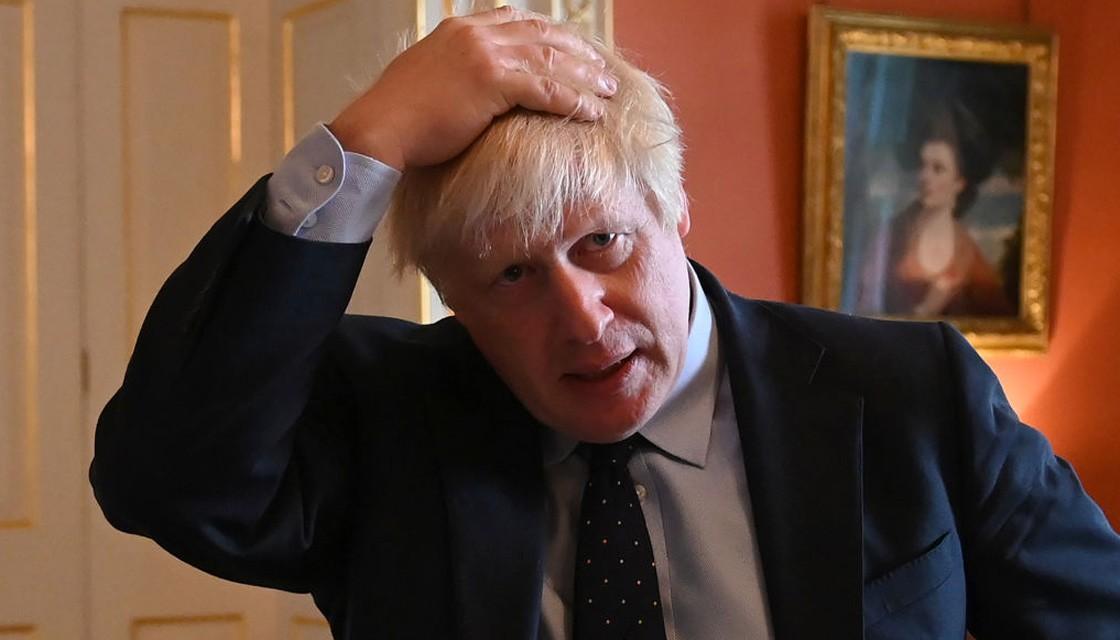The European Union's executive on Thursday laid out contingency plans for a 'no-deal' Brexit at the end of the year to minimise disruption to air traffic and road and rail travel after talks between British and EU leaders failed to break an impasse.
The European Commission also proposed that Britain and the EU continue to offer reciprocal access to their fishing waters for up to a year, but London quickly rebuffed the idea.
Agreement on fishing rights has been one of the most emotive sticking points in negotiations for a trade deal that has eluded the two sides since the United Kingdom formally left the EU in January after 47 years of membership.
Investment banks on Thursday cut the chances of an agreement by the Dec. 31 deadline, and bookmakers slashed the odds to 50 percent.

Prime Minister Boris Johnson and the EU's chief executive, Ursula von der Leyen, gave themselves until Sunday to decide on their next steps after failing to overcome persistent rifts over a "lively" dinner of turbot on Wednesday.
Hanging tough, Britain told the EU on Thursday it should make significant concessions to break the deadlock by the end of the weekend for clarity about the finale to the five-year-old Brexit crisis.
- British, European Union negotiators make last-ditch effort for Brexit deal
- Negotiations on the UK’s Future Trading Relationship with New Zealand
- New Zealand Prime Minister: “We Are Committed To Closer Relations With UK”
- How CANZUK went mainstream and why it could soon be a reality
"There's still clearly some scope to keep talking but there are significant points of difference that remain," Foreign Secretary Dominic Raab told BBC TV.
"Sunday I think is an important moment," Raab told Sky News. "You never say never in these talks, but I think we do need to get some finality."
Raab said the main points of contention - fisheries and commitments on a level playing field - were narrow in scope but they were matters of principle for Britain.




